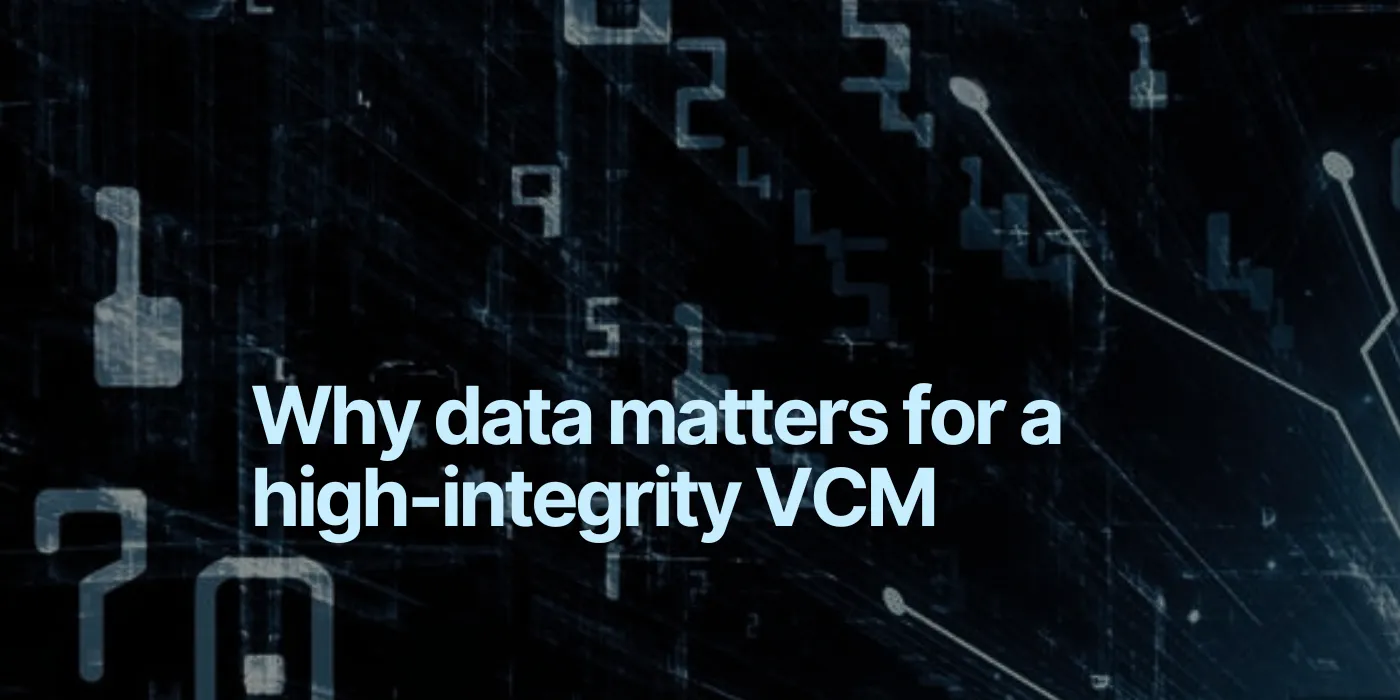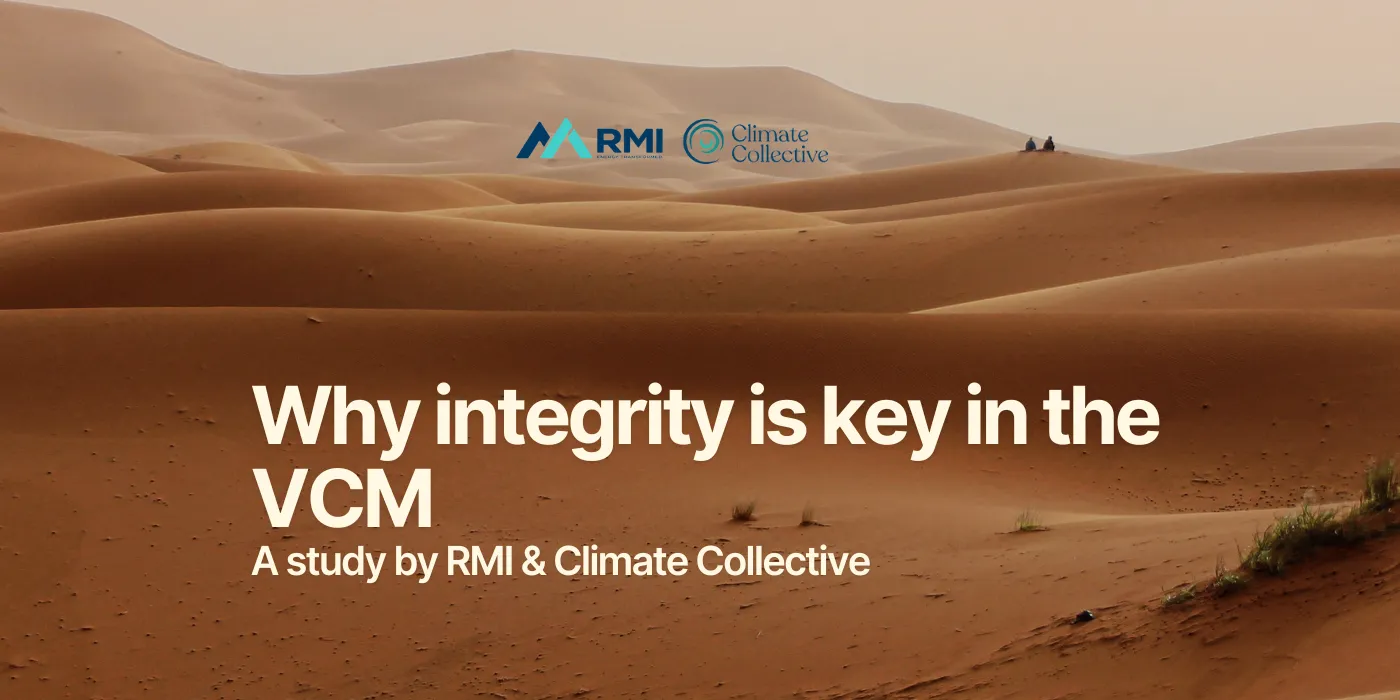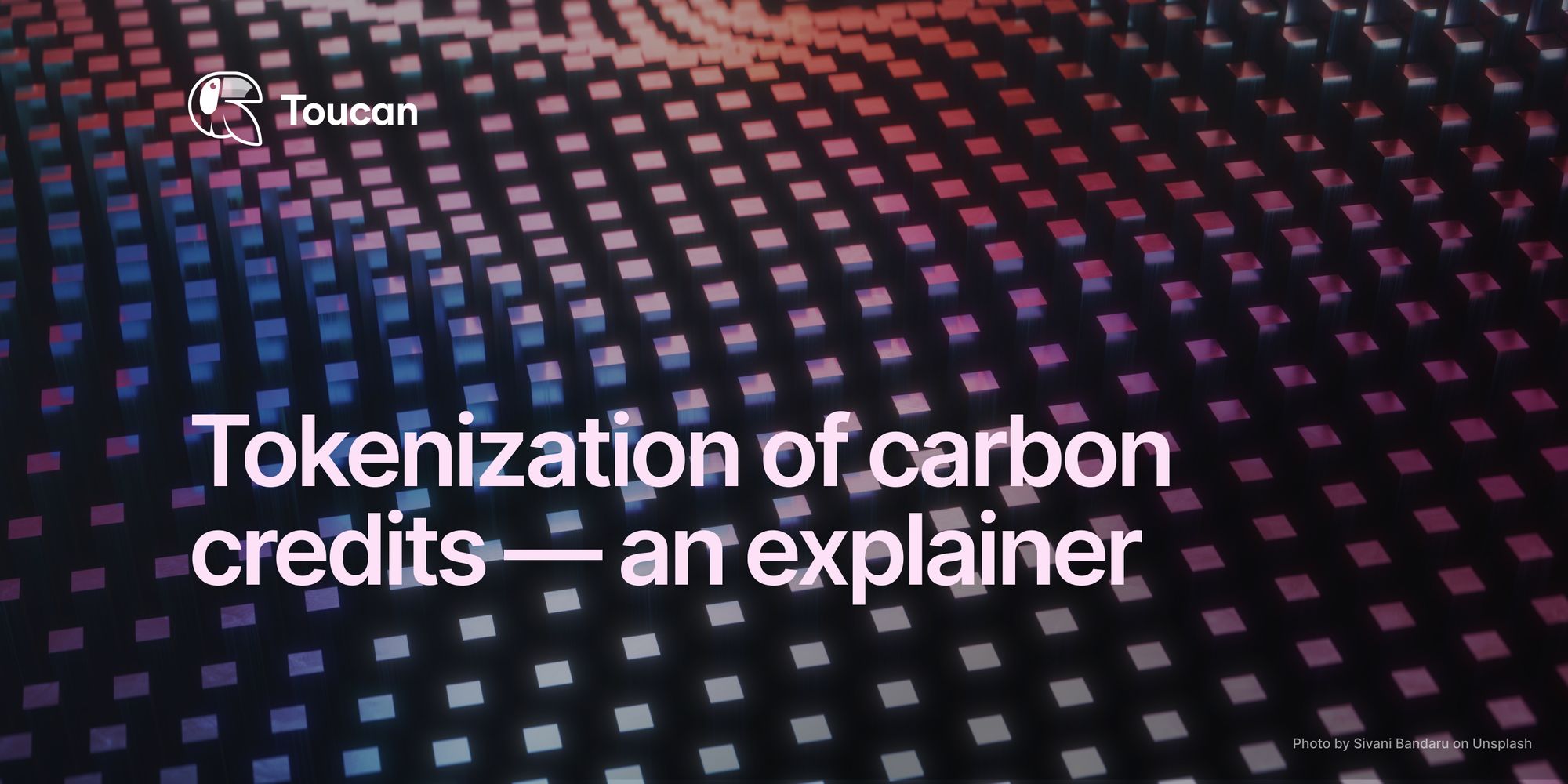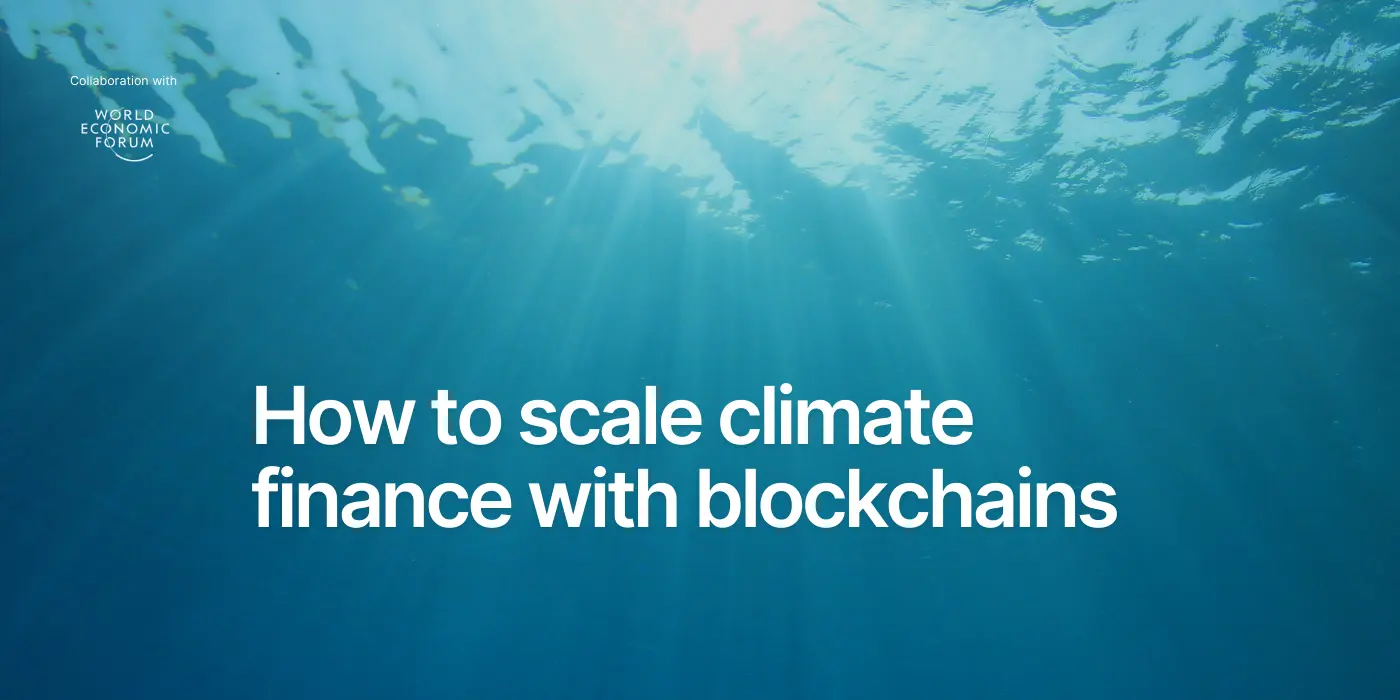Why data matters for high-integrity carbon markets
The quality and accessibility of carbon credit data needs to become better. This increases trust and drives effective climate action in the VCM.

The opaque, inaccessible nature of the voluntary carbon market is widely documented, and it leads to ongoing issues of trust, which impacts the market’s ability to drive effective climate action.
Improving the quality and accessibility of carbon credit data is key to tackling this issue.
The Core Carbon Principles (released in spring 2023) outline that all carbon project data should be recorded on a tamper-proof registry, and it should be transparently communicated. This standard is embodied by CDR.fyi’s recent progress report on permanent carbon removal solutions, which was created using open-source industry data.

The role of blockchain in making registries and record-keeping more trustworthy, open, and efficient is now gaining mainstream acceptance across different industries.
Digital technologies will play a key role in increasing data availability and transparency in the VCM.
Real-world carbon credits can be moved onto the blockchain, which is a process known as the process of tokenization – and in recent weeks, the tokenization of real-world assets has been making new headlines. Additionally, respected organizations, like the World Bank, the World Economic Forum, and Rocky Mountain Institute have released reports outlining the benefits of tokenization for voluntary carbon markets.

Tokenization: A quick explainer
Tokenization refers to the process of representing real-world assets, such as stocks or carbon credits, as digital tokens on a blockchain
The primary goal is to make their data more accessible, efficient, and secure, which is possible in the digital realm.
Traditional financial firms that once hesitated to embrace blockchain technology have begun to see and leverage its potential. One example can be found in the financial sector.
Traditional finance has begun to grasp the potential of blockchain and tokenization as a more efficient backend infrastructure for their operations.
Industry giants are already getting in on the action. Franklin Templeton, an asset manager with over $1.4 trillion in assets under management, launched one of its funds on Polygon, a blockchain network known for its scalability and low transaction costs. This move indicates a growing acceptance of blockchain and tokenization in traditional finance circles.
Developments in the world of DeFi (Decentralized Finance) have also played a significant role in reshaping these perceptions. DeFi introduced concepts like decentralized lending and trustless smart contracts, which demonstrated the efficiency gains that digital solutions can offer.

There are currently more than $345 million in tokenized assets on the blockchain. This figure includes bonds, real estate, precious metals, and over 25 million tonnes of voluntary carbon credits.
How does this affect data transparency?
Data associated with tokenized assets can be more easily accessed and verified.
When traditional assets are tokenized on a blockchain, every transaction is recorded immutably and transparently. This creates a robust and tamper-proof audit trail, making it easier for regulators to oversee and verify transactions.
Traditional processes can be revolutionized, as tokenization enables:
- Greater access to real-world assets
- Reduced trading costs
- Improved market efficiency
- Leveraging smart contracts (auto-executing computer programs on the blockchain), which enables higher degrees of automation and collaboration

The case of carbon credits
Credits that move on to the blockchain are stored in a tamper-proof, publicly accessible, decentralized registry. This inherently comes with a high level of data verifiability, so all credit information can be accessed transparently by anyone with an internet connection.
Tokenizing carbon credits leads to further market benefits, including:
- Everyone can access credits to buy or sell them at a transparent, clear price
- Greater liquidity for specific project methodologies can be unlocked
- Projects can be audited from ground to payment with tangible data
Final words
Tokenization offers high verifiability through transparent and immutable record-keeping and the democratization of market access. Applying this innovation to carbon markets holds great potential to bring climate action to scale by 2050.
Toucan is building technology to unlock climate action at scale. Our digital infrastructure is helping to grow the voluntary carbon market (VCM) in a transparent and high-integrity way. It increases the flow of revenue to the most effective climate impact projects, by bringing established and nascent environmental assets on the blockchain.


